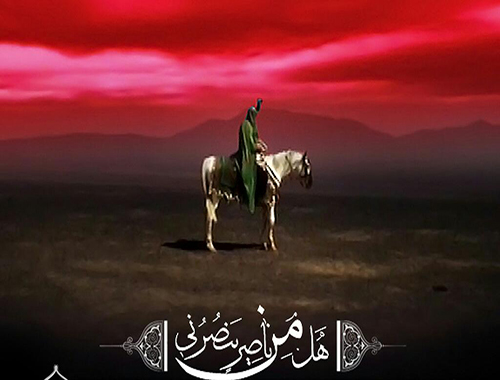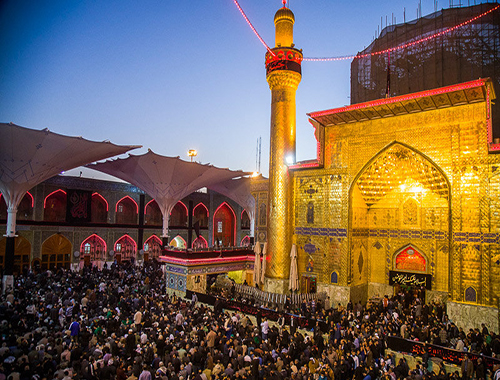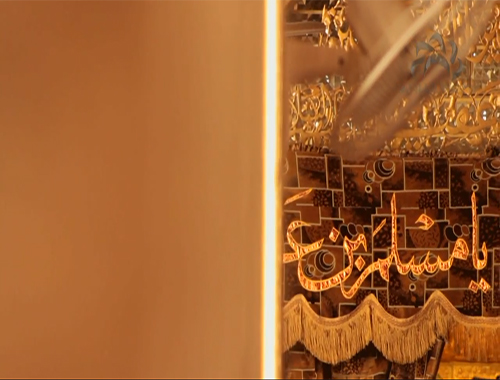(C) Preventing Possible Danger
- Details
- Hits: 2261
(C) Preventing Possible Danger
If a child were to come and tell you that he saw a poisonous snake go into the room you were in, you would immediately jump up from your chair and undertake a thorough search of every nook and cranny until you found it, or until you were satisfied that it was not there.
Similarly, while traveling by night in a dangerous country, if you learnt that bandits were waiting on the road ahead to ambush you--you would without any doubt wait until the way ahead was clear of danger, and would not take a single step forward until then.
In these two examples, we have made clear that reason compels us to investigate conceivable dangers. It is possible that some of the harmful things may turn out to be nothing at all, and that other people may not pay any attention to them; but if an inquiry carries the price of a human soul, then it cannot be ignored.
In the history of mankind, we learn of people who were famous for telling the truth and who lived an honest life. They claimed that they were messengers of God, and they called people towards God and to act in certain ways. As a result of the efforts and the constant sufferings of these special people in all corners of the world, many groups believed in them. Thus the birth of Jesus became the beginning of the Christian calendar and the migration of the Prophet Muhammad was taken by the Muslims as the beginning of their calendar.
Now, we see that these messengers attracted men to religion and to follow particular rules, caused them to fear punishment of their bad deeds and convinced them that they would be tried in the Great Court of Justice before the Righteous and Wise Judge. They trembled at the hardships and perils of Resurrection and the harshness of the punishment there, and warned men of the dire consequences of evil deeds.
The question is: Do the warnings of these people make us realize the possibility of harm and danger in the same way as did the warning of the small child in the example mentioned above? Is it right to ignore the words of the messengers of God who, after all, were men of high moral standards and who made greatest sacrifices for their cause?
Clearly, the words of the messengers —if they do not make a man certain— at least provoke him to think: perhaps what they say is true. If what they say is true, then what is our duty? What answer will we have in the Court of the Great Judge?
Common sense reckons the necessity of preventing this “possible harm”. What is more, these messengers and prophets call man to a healthy and civilized life, and they also say that after death an extensive new world and everlasting blessings await one who has performed his duty. Does reason allow us to ignore this important message?
* * *
There is a similar argument known as the “Pascal's Bet,” named so after the famous French mathematician, Pascal (d. 1662 CE). Pascal proved the importance of inquiring about religion in the following way:
If you believe in the life-hereafter, you will gain everything if it really exists; and you lose nothing if it does not exist. Therefore, it is better to bet that it does exist.
The theme of this argument was presented by the Shi‘a Imams long before Pascal. We also know that Pascal had read Abu HÄmid al-GhazÄli's works. It, therefore, seems quite possible that Pascal might have read this argument from Imam ‘Ali (a.s.), the first Shi‘a Imam, as quoted in MizÄnu 'l-A`mÄl of al-GhazÄli. Imam ‘Ali said:
The astrologer and the physician both say, `The dead will never be resurrected.'
I say: `Keep your counsel. If your idea is correct, I will come to no harm;
but if my belief is correct, then you will surely lose.'











